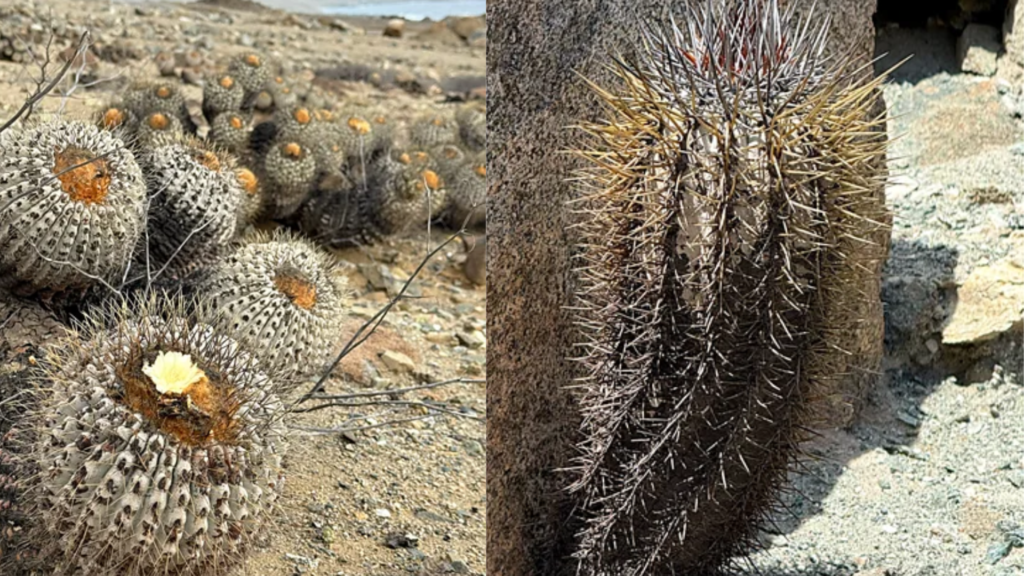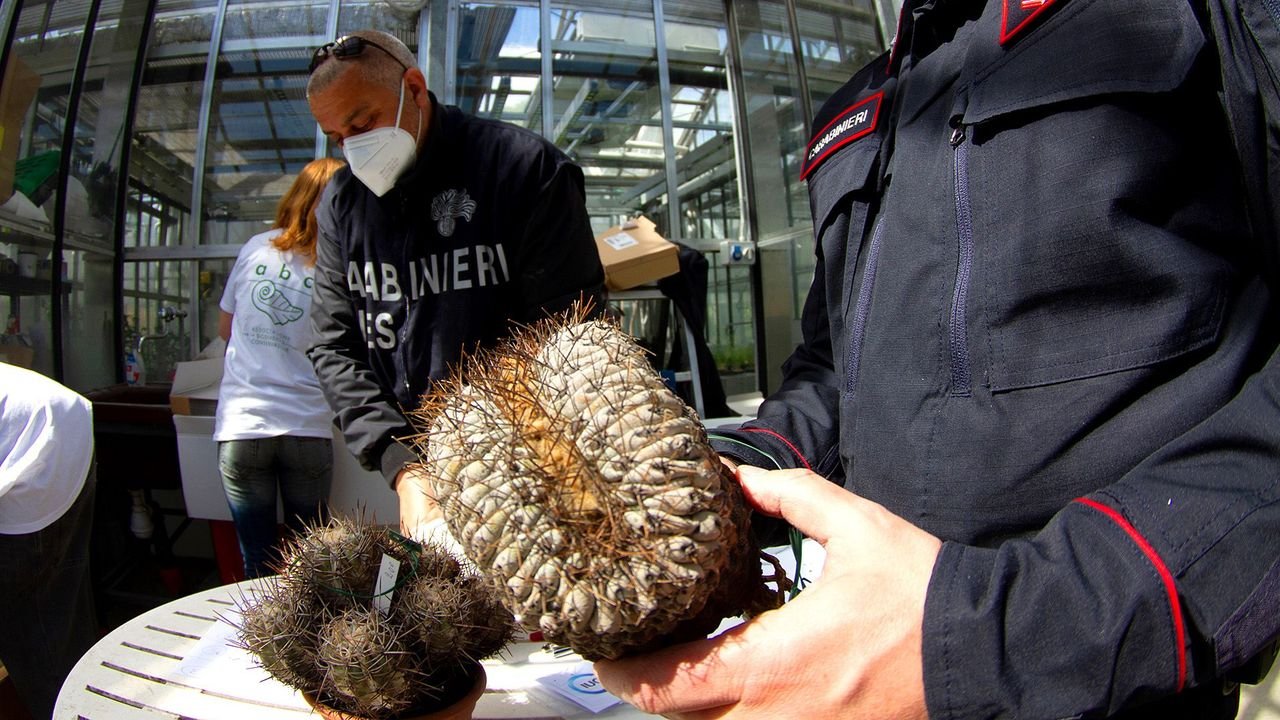The $1M Cactus Heist That Ended In A Smuggler’s Arrest, Find Out How It Happened!
In a desolate corner of the Atacama Desert, rare and ancient Copiapoa cacti were thriving in one of Earth’s harshest climates. But these incredible plants, symbols of nature’s resilience, became the center of an international heist that would eventually unravel into one of the most significant biodiversity crimes in recent history.
The Theft and the Smuggler
The story begins with Andrea Piombetti, a well-known Italian cactus enthusiast, who became the mastermind behind a large-scale cactus smuggling operation. His obsession with rare plants led him to secretly remove Copiapoa species from the Atacama Desert, where they grow at an excruciatingly slow rate of only a centimeter per year. Piombetti’s actions were not just illegal but devastating for the delicate ecosystem of the desert.

In 2013, authorities in Italy intercepted a shipment of 143 rare cacti, including Copiapoa plants, all of which were linked back to Piombetti. Further investigations revealed that these plants were not only stolen but had also been illegally transported across continents, evading detection through forged documents and underground smuggling networks.
A Landmark Trial
The case, dubbed “Operation Atacama,” Cactus Heist unfolded over several years, leading to a groundbreaking trial. In 2020, police returned to Piombetti’s home and discovered over 1,000 stolen cacti. Evidence from his laptop and mobile devices linked him to a network of illegal traders, including accomplices and buyers across Europe and beyond.

The total value of the seized plants was estimated at over €1 million. The plants, some of which were centuries old, were meticulously cared for and displayed in Piombetti’s collection. However, these plants were not merely trophies; they were part of an illegal international trade that posed a severe threat to the survival of Copiapoa species in the wild.
The Repatriation and Legal Precedent
In an unprecedented move, the confiscated cacti were sent back to Chile, where they were quarantined and placed under the care of local conservation groups. This repatriation marked a pivotal moment in the fight against plant poaching, setting a new legal precedent for biodiversity crimes worldwide.
By 2025, Piombetti faced sentencing for his role in the smuggling operation, with both fines and prison time on the line. Despite his legal troubles, Piombetti’s impact on the world of plant trafficking was profound, leaving a legacy that highlights the fragility of ecosystems and the urgency of protecting endangered species.
A New Approach to Conservation
The “Operation Atacama” case has sparked renewed efforts to combat illegal plant trade, with scientists and conservationists stressing the importance of safeguarding these unique species. As climate change and poaching continue to threaten the survival of Copiapoa cacti, the global community must rally together to ensure that these extraordinary plants, and the ecosystems they represent, are preserved for future generations.







